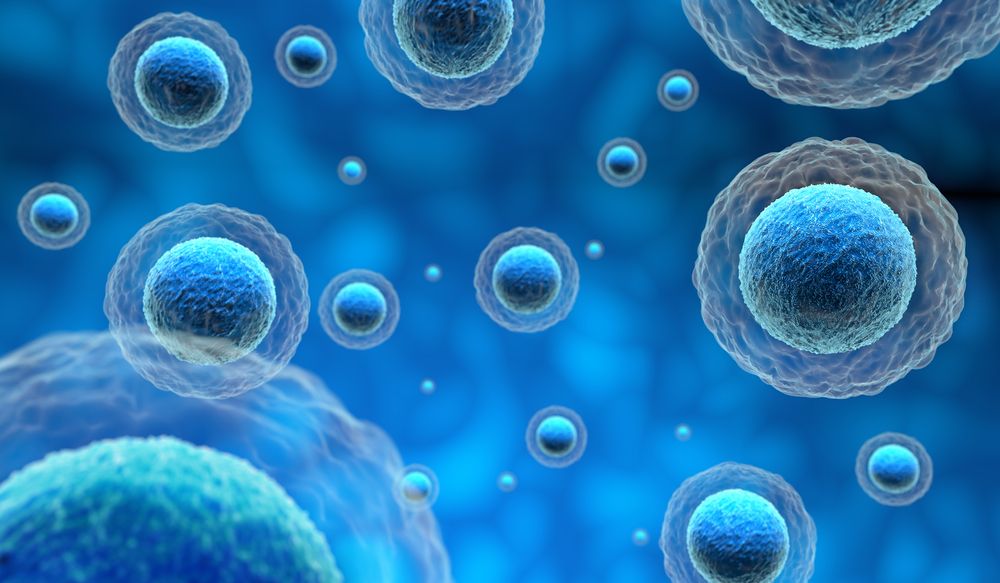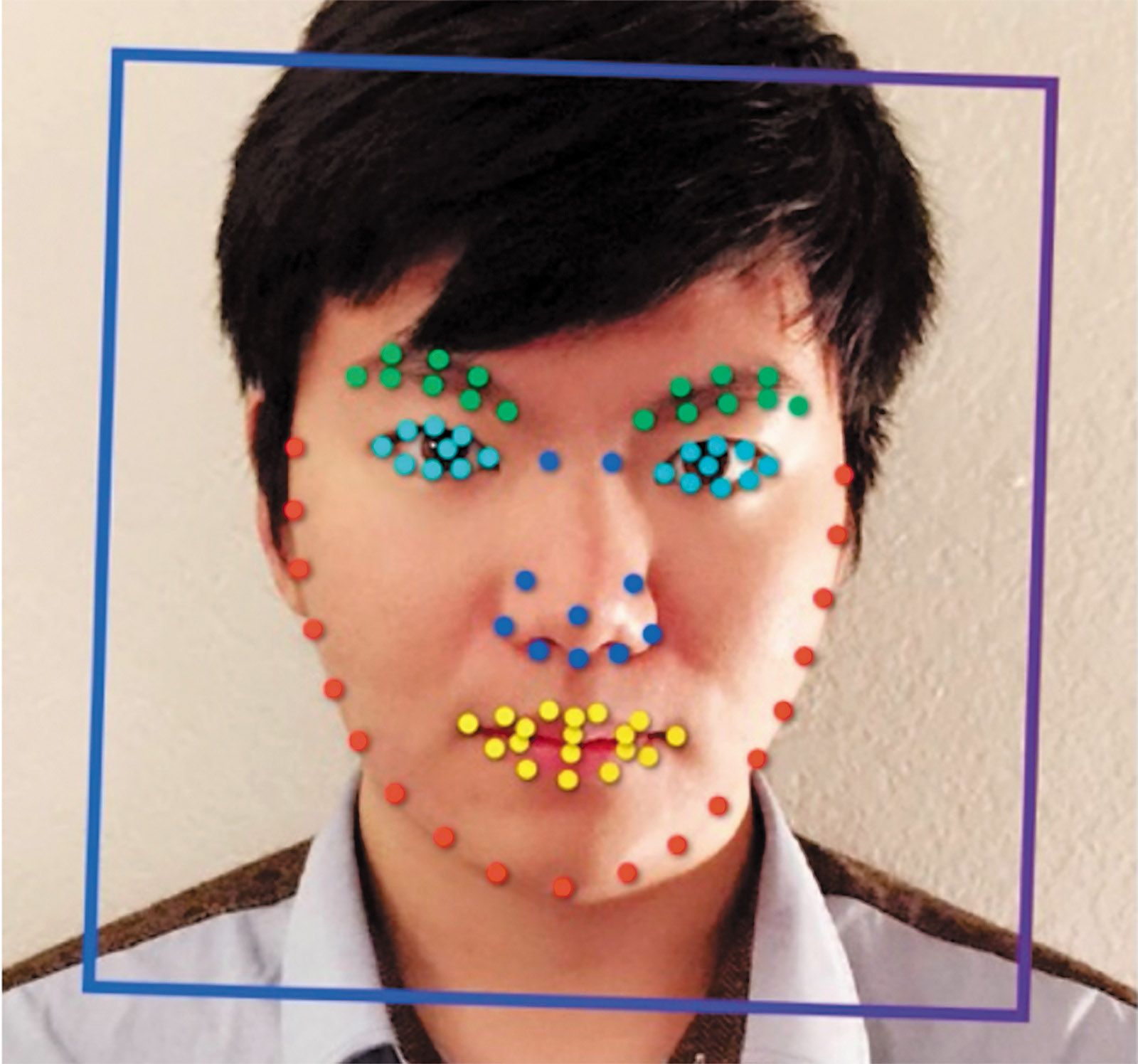You don’t want to miss this!!!
Category: biotech/medical – Page 2,928

Mice Reprogram Gut Tissue to a Fetal State to Heal Injury
A new study shows that mice reprogram their gut tissues to repair injury rolling them from an aged state back to a more fetal-like one.
Getting old is one thing; getting old in a healthy way is another. Many elderly people suffer from all kinds of diseases and disorders, ranging from cardiovascular problems and diabetes to Alzheimer’s and Parkinson’s disease. Wouldn’t it be nice if we could keep the body young as we grow older to prevent disease associated with old age? For instance, would it be possible to slow down or reverse the aging processes in the cells of our body?
This question has gained a lot of interest from scientists, and their research has led to the discovery of the important role that the shortening of telomeres, the protective caps on our DNA, plays in aging. While this has been described in recent posts on the LEAF blog, I would like to address another mechanism that has seen an interesting leap forward, more or less by accident: rejuvenation of tissue.
Rejuvenation is a term that has recently been used in the context of senolytics. These are newly discovered compounds that decrease the number of senescent cells in the body. For the purpose of this article, I define rejuvenation as the resetting of a genetic program within a cell or tissue, from adult back to fetal. Typically, cells develop from stem cells, which are cells that can differentiate into many different cell types. During cell differentiation, certain genetic programs in the stem cell are turned off, while others are turned on to make the formation of a specific cell type possible. During rejuvenation, this process is reversed: differentiated cells are reset to an embryonic state.

Artificial Intelligence Shows Why Atheism Is Unpopular
Title is a bit misleading — atheism is only unpolular with totalitarian regimes (and Templeton Foundation?) — interesting.
Although Johnson said he found the team’s research useful and important, he was unimpressed by their claim to have outperformed previous predictive methods. “Linear regression analysis is not very powerful for prediction,” he said. “I was a little surprised by the strength of their claims.” He cautioned that we should be skeptical about the word prediction in relation to this type of model. Opinion might be better.
“It’s great to have as a tool,” he said. “It’s like, you go to the doctor, they give an opinion. It’s always an opinion, we never say a doctor’s prediction. Usually, we go with the doctor’s opinion because they’ve seen many cases like this, many humans who come in with the same thing. It’s even more of an opinion with these types of models, because they haven’t necessarily seen many cases just like it—history mimics the past but doesn’t exactly repeat it.”
The silver lining here is that if the power of the models is being overstated then so, too, is the ethical concern.

Designer babies on horizon as ethics council gives green light to genetically edited embryos
Designer babies are on the horizon after an influential group of scientists concluded that it could be ‘morally permissible’ to genetically engineer human embryos.
In a new report which opens the door to a change in the law, the Nuffield Council on Bioethics, said that DNA editing could become an option for parents wanting to ‘influence the genetic characteristics of their child.’
Although it would be largely used to cure devastating genetic illnesses, or predispositions to cancers and dementia, the experts said they were not ruling out cosmetic uses such as making tweaks to increase height or changing eye or hair colour, if it would make a child more successful.

Virtual Surgery Intelligence is the future of medical care
The future of medical care is here 😯 Virtual Surgery Intelligence uses mixed and augmented reality to allow doctors and patients to see scans in 3D!

This Drug Combo Extends Lifespan and Healthspan in Mice
Aging may seem like the most natural—and inevitable—thing in life. Yet according to a new study in Nature Medicine, rejuvenating an aging body may be as easy as kitchen renovations. Simply swap drill and hammer for a cocktail of two drugs already on the market; rather than pulling out decrepit cabinets, kill off aged “zombie” cells.
These so-called senescent cells are a curious oddity: they’re frail, beat-up, and unable to perform their usual roles. Yet they simply refuse to die. What’s more, zombie cells actively leak inflammatory chemicals into their surroundings, damaging nearby tissue and—in a sense—“spreading” the negative effects of aging.
Yet because they’re extremely rare, amounting to only eight percent of the body’s cells at most, scientists have long wondered just how much they contribute to the aging process.

The Digital Poorhouse
About the future death of explainability to understand AI thinking, the writing is on the wall…
These divergent approaches, one regulatory, the other deregulatory, follow the same pattern as antitrust enforcement, which faded in Washington and began flourishing in Brussels during the George W. Bush administration. But there is a convincing case that when it comes to overseeing the use and abuse of algorithms, neither the European nor the American approach has much to offer. Automated decision-making has revolutionized many sectors of the economy and it brings real gains to society. It also threatens privacy, autonomy, democratic practice, and ideals of social equality in ways we are only beginning to appreciate.
At the simplest level, an algorithm is a sequence of steps for solving a problem. The instructions for using a coffeemaker are an algorithm for converting inputs (grounds, filter, water) into an output (coffee). When people say they’re worried about the power of algorithms, however, they’re talking about the application of sophisticated, often opaque, software programs to enormous data sets. These programs employ advanced statistical methods and machine-learning techniques to pick out patterns and correlations, which they use to make predictions. The most advanced among them, including a subclass of machine-learning algorithms called “deep neural networks,” can infer complex, nonlinear relationships that they weren’t specifically programmed to find.
Predictive algorithms are increasingly central to our lives. They determine everything from what ads we see on the Internet, to whether we are flagged for increased security screening at the airport, to our medical diagnoses and credit scores. They lie behind two of the most powerful products of the digital information age: Google Search and Facebook’s Newsfeed. In many respects, machine-learning algorithms are a boon to humanity; they can map epidemics, reduce energy consumption, perform speech recognition, and predict what shows you might like on Netflix. In other respects, they are troubling. Facebook uses AI algorithms to discern the mental and emotional states of its users. While Mark Zuckerberg emphasizes the application of this technique to suicide prevention, opportunities for optimizing advertising may provide the stronger commercial incentive.


Uncovering the interplay between two famous quantum effects
The Casimir force and superconductivity are two well-known quantum effects. These phenomena have been thoroughly studied separately, but what happens when these effects are combined in a single experiment? Now, Delft University of Technology have created a microchip on which two wires were placed in close proximity in order to measure the Casimir forces that act upon them when they become superconducting.
Is vacuum really empty? Quantum mechanics tells us that it’s actually swarming with particles. In the 1940s, Dutch physicists Hendrik Casimir and Dirk Polder predicted that when two objects are placed in very close proximity, about a thousandth of the diameter of a human hair, this sea of ‘vacuum particles’ pushes them together – a phenomenon known as the Casimir effect. This attractive force is present between all objects and even sets fundamental limits to how closely we can place components together on microchips.
Superconductivity is another well-known quantum phenomenon, also discovered by a Dutchman, Heike Kamerlingh Onnes, in the early 20th century. It describes how certain materials, such as aluminum or lead, allow electricity to flow through them without any resistance at cryogenic temperatures. Over the last 100 years, superconductors have revolutionized our understanding of physics and are responsible for magnetically levitated trains, MRI scans and even mobile phone stations.